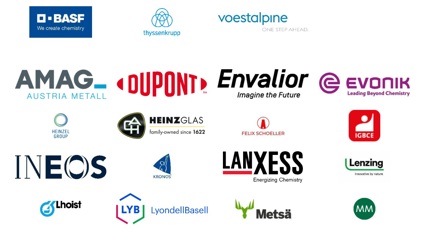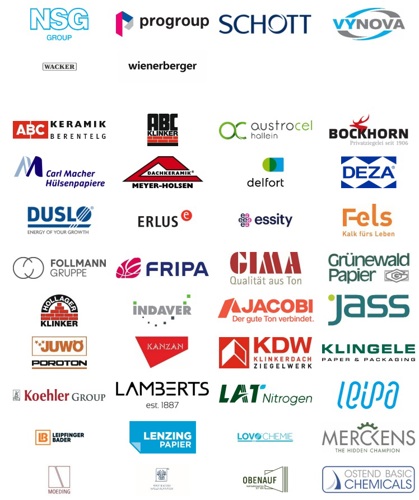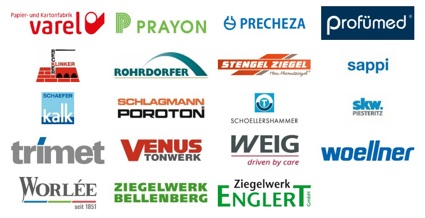Alliance sends letter to EU institutions calling for urgent reform to the EU's ETS and CBAM regulations
An alliance of leading European industrial companies have sent a joint letter to the EU institutions and the German Federal Government warning that current rules of the EU, including the Emissions Trading System (ETS) and Carbon Border Adjustment Mechanism (CBAM) are riskingfurther relocation of energy-intensive production to countries outside the EU – with negative consequences for employment, value creation and climate protection.
The letter states that European industry is committed to ambitious climate protection. Already today, industry is investing significantly in climate-friendly technologies and processes. But transformation must not lead to deindustrialization – it must be designed to be economically viable and technologically realistic.
The letter calls for immediate reforms to address this, including:
- Extending free allocations beyond the current phase-out dates
- Suspending the phase-out of free allocation through the CBAM (for the time being), and refrain for including additional sectors
- Avoiding ETS benchmark adjustments
- Stabilizing/expanding electricity price compensation.
The letter, in its entirety, is below:
Dear Mr. President,
As an alliance of leading European industrial companies across all sizes and sectors and their employees, we are writing to you to express our deep concern regarding the transformation and competitiveness of the energy-intensive industry.
What is clear: European industry is committed to ambitious climate protection.
Already today, our companies are investing significantly in climate-friendly technologies and processes. At the same time, however, we are increasingly concerned that the current rules of the EU Emissions Trading System (ETS) and the Carbon Border Adjustment Mechanism (CBAM) are jeopardizing the economic viability of this transformation – and thus the continued existence of energy-intensive industries and their value chains in the EU.
The current reduction path in the ETS, leading to zero emissions by 2039, along with the swift phase-out of free allocation by 2034 or 2039, presents a practically insurmountable challenge for many companies. The high CO2 costs threaten both, the overall competitiveness of Europe’s industrial base as well as the transformation ahead. The additional CO₂ costs could amount to a multi-billion Euro range annually for our alliance alone – often exceed operational cash flow and profit. They therefore threaten not only individual transformation projects, but also the overall competitiveness of Europe’s industrial base. The prerequisites for the transformation – large-scale availability of low-carbon electricity and hydrogen, related infrastructure, market-ready CCU/S technologies, and a comparable level of ambition in key competing regions worldwide – will not be in place in all Member States by the mid-2030s.
CBAM is further exacerbating the pressure on industrial value creation in the EU. In its current form, it does not provide effective protection against carbon leakage. It only covers a small fraction of the value chain and undermines the competitiveness of exports.
We urgently call on you to extend free allocation beyond the current phase-out dates, suspend the phase-out of free allocation through the CBAM for the time being, and refrain from including additional sectors. Additionally, ETS benchmark adjustments should be avoided, and electricity price compensation should be stabilized and expanded. Without these measures, we risk further relocation of energy-intensive production steps to countries outside the EU – with negative consequences for employment, value creation, and climate protection. Transformation must not lead to deindustrialization – it must be designed to be economically viable and technologically realistic.
In addition to achieving climate targets, we are committed to safeguarding highly qualified jobs – directly and indirectly dependent on energy-intensive industries along the value chains – including training and employment opportunities for young people. The success of the transformation, achieved through a maximally supportive and realistic political framework, is therefore in the common interest of employers and employees alike.
European industry is not only ready but already in the process of making its contribution to climate neutrality through substantial investments. What it needs is a partnership-based dialogue, a pragmatic regulatory framework, and a shared conviction that industrial and climate policy do not exclude each other but depend on one another. A strong, future-proof industry has always been a guarantor of economic and social stability – and this is even more important given the new geopolitical challenges the EU is facing.
Sincerely,









Comments